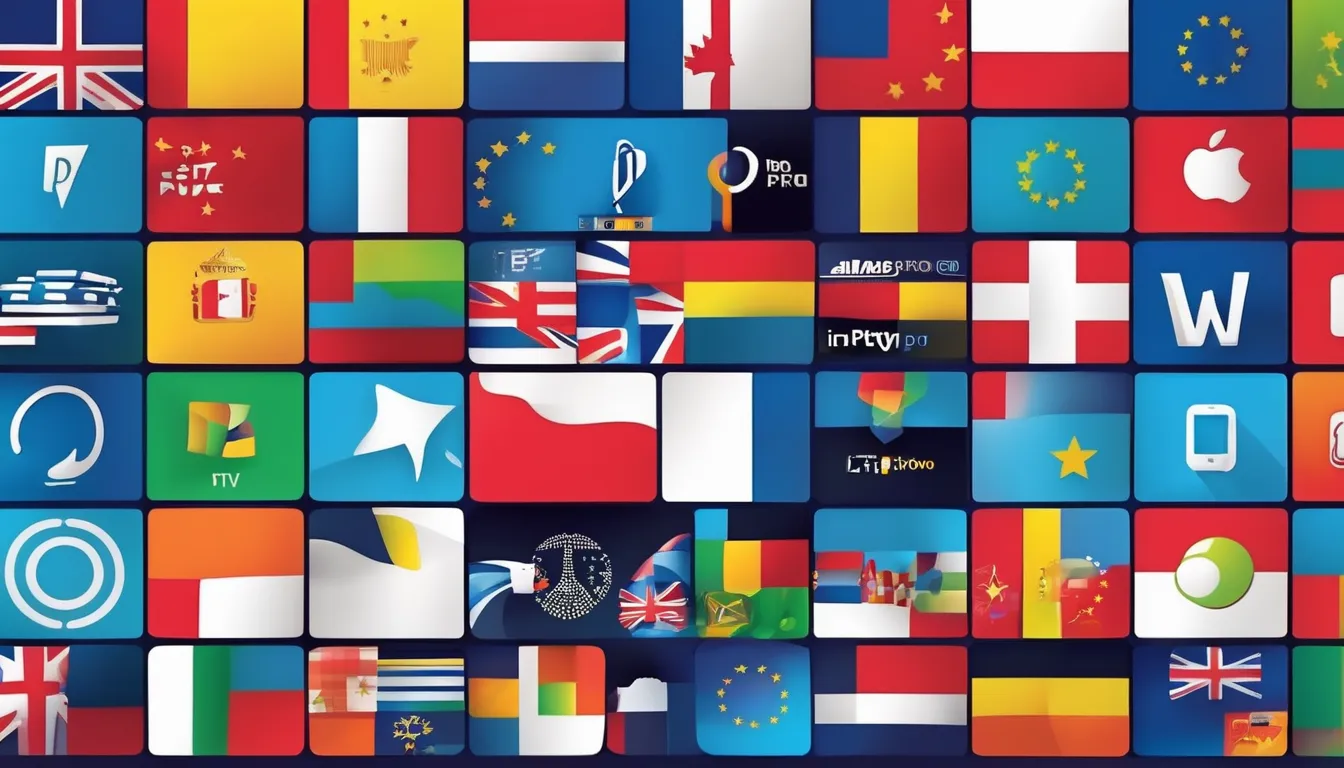
As you navigate the ever-changing landscape of social networks, you can't help but wonder what the future holds. Emerging trends are poised to revolutionize the way we interact online, but will these advancements truly enhance our experiences or create new challenges? Decentralized networks, AI-powered content moderation, and social commerce evolution are just a few of the shifts on the horizon. But what does this mean for your online presence, and how will you adapt to the changing tides? The next decade will be shaped by these trends – but the question is, in what ways will they reshape the social network ecosystem? หลวงปู่ทิม.
Virtual Reality Social Experiences
Embracing virtual reality social experiences is becoming increasingly important as technology advances and our online interactions evolve. You're likely to see a significant shift in how you connect with others online, with virtual reality (VR) playing a key role.
Imagine being able to attend virtual events, visit virtual destinations, and interact with others in real-time, all from the comfort of your own home. This is the reality that VR social experiences offer.
As VR technology improves, you can expect to see more sophisticated and immersive experiences. You'll be able to interact with others in virtual environments that feel incredibly realistic, from virtual classrooms to virtual nightclubs.
This will revolutionize the way you connect with others, making online interactions feel more natural and intuitive. You'll be able to build deeper connections with others, regardless of your geographical location.
With VR social experiences, the boundaries between the physical and digital worlds will continue to blur, opening up new possibilities for social interaction and community-building.
Rise of Decentralized Networks
As virtual reality social experiences become more mainstream, you may start to wonder who's controlling the networks that enable these interactions. The answer might lie in decentralized networks, which are gaining traction as an alternative to traditional, centralized social platforms.
Decentralized networks operate on blockchain technology, allowing users to manage their own data and interact without relying on a central authority.
You'll likely see more decentralized social networks emerge in the next decade, offering users greater control over their online presence and data.
These networks will be community-driven, with decision-making power distributed among users rather than a single entity. This shift will promote transparency, security, and user autonomy, making decentralized networks an attractive option for those seeking a more democratic online experience.
Decentralized networks will also enable new business models, such as token-based economies, where users can earn rewards for creating and sharing content.
As decentralized networks grow, you can expect to see innovative applications and services emerge, further changing the social media landscape.
AI-Powered Content Moderation
The rise of AI-powered content moderation is transforming the way social networks manage user-generated content. As you navigate social media platforms, you're likely to come across content that's been flagged or removed by AI algorithms.
These algorithms use machine learning to detect and prevent the spread of hate speech, harassment, and other forms of toxic content.
You're probably already benefiting from AI-powered content moderation, even if you're not aware of it. For instance, when you report a post or comment that you find objectionable, AI algorithms kick in to review and take action on your report.
These algorithms can analyze vast amounts of data in real-time, allowing social networks to respond quickly to emerging trends and threats.
As AI-powered content moderation continues to evolve, you can expect to see even more sophisticated tools for detecting and preventing the spread of misinformation and other forms of problematic content.
This will be especially important as social networks grapple with the challenges of deepfakes, AI-generated content, and other emerging threats.
Social Commerce Evolution
Your social media feeds are becoming increasingly filled with shopping options, and this is just the beginning of social commerce evolution. You're likely seeing more product placements, shopping ads, and influencer partnerships in your feeds.
This trend is expected to continue, with social media platforms investing heavily in e-commerce integrations. As a result, you'll see more seamless shopping experiences, allowing you to purchase products directly from your feeds.
Social commerce is also becoming more personalized, with platforms using AI-powered algorithms to suggest products based on your interests and browsing history.
This means you'll see more relevant product recommendations, making it easier to discover new products and brands. Furthermore, social media platforms are introducing features that enable you to share products with friends and family, creating a more social shopping experience.
As social commerce evolves, you can expect to see more immersive experiences, such as augmented reality (AR) and virtual reality (VR) shopping.
These technologies will allow you to try out products virtually, giving you a more interactive and engaging shopping experience.
IoT-Driven Engagement Models
Social media's increasing focus on e-commerce and personalized experiences sets the stage for IoT-driven engagement models that can further transform how you interact with brands and products.
Imagine having a smart fridge that automatically orders your favorite groceries based on your consumption habits, or a smart home system that suggests products based on your daily routines.
IoT-driven engagement models can create seamless interactions between you and brands, making it easier to discover and purchase products you need.
As IoT technology advances, you can expect to see more innovative applications in social media.
For instance, social platforms might integrate with IoT devices to provide personalized recommendations, or brands might use IoT data to create targeted ads.
This convergence of IoT and social media can also lead to new forms of engagement, such as interactive product demos or immersive experiences.
By leveraging IoT-driven engagement models, social media platforms can create more intuitive and personalized experiences that blur the lines between online and offline interactions.
This can lead to increased brand loyalty and a more streamlined shopping experience.
Conclusion
As you look to the future of social networks, you'll find yourself immersed in virtual reality experiences, empowered by decentralized networks, and protected by AI-powered content moderation. Social commerce will become more personalized, and IoT-driven engagement models will revolutionize how you discover and buy products. The next decade will be marked by seamless interactions, increased autonomy, and innovative technologies that transform the way you connect and interact online.



